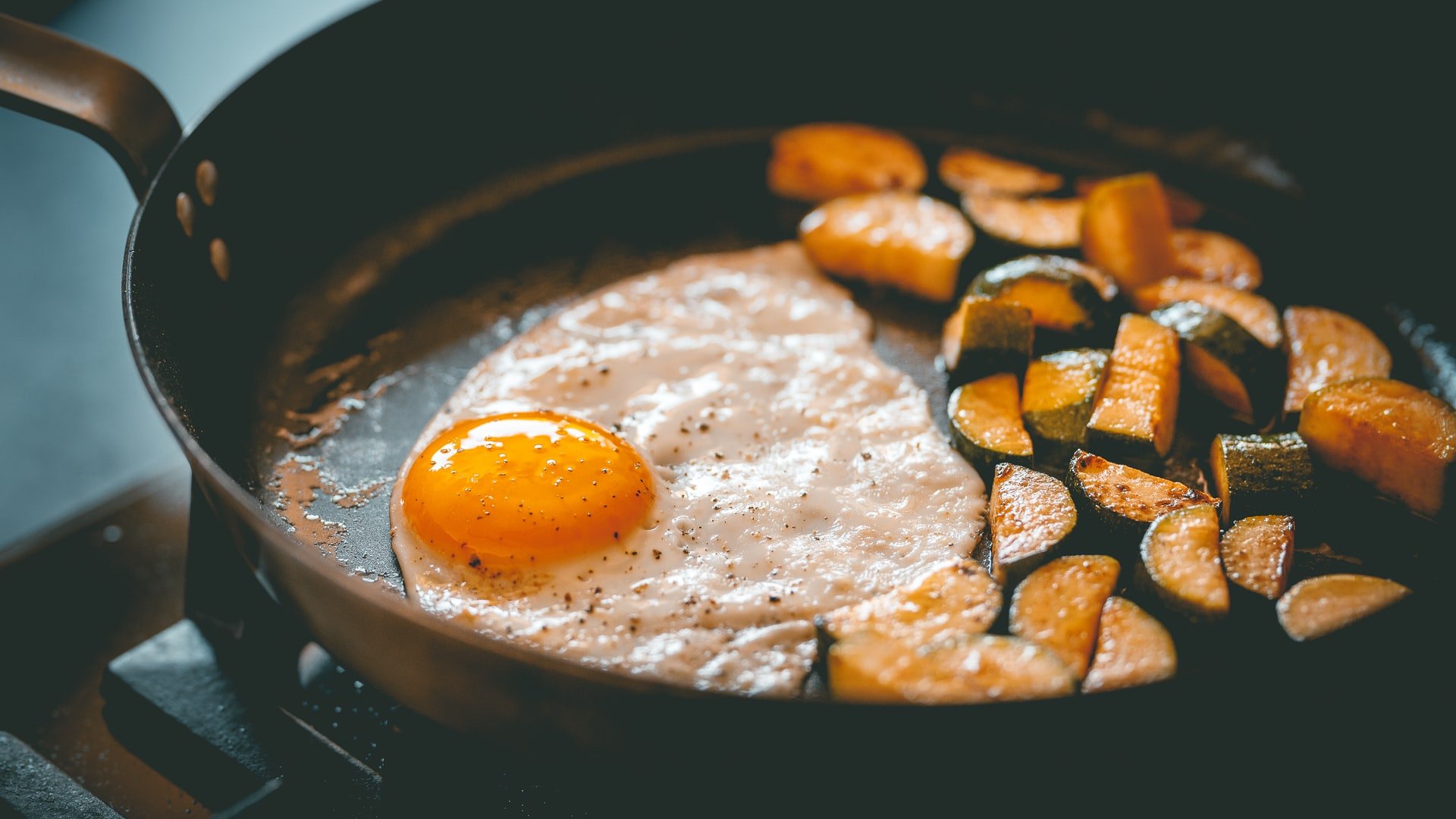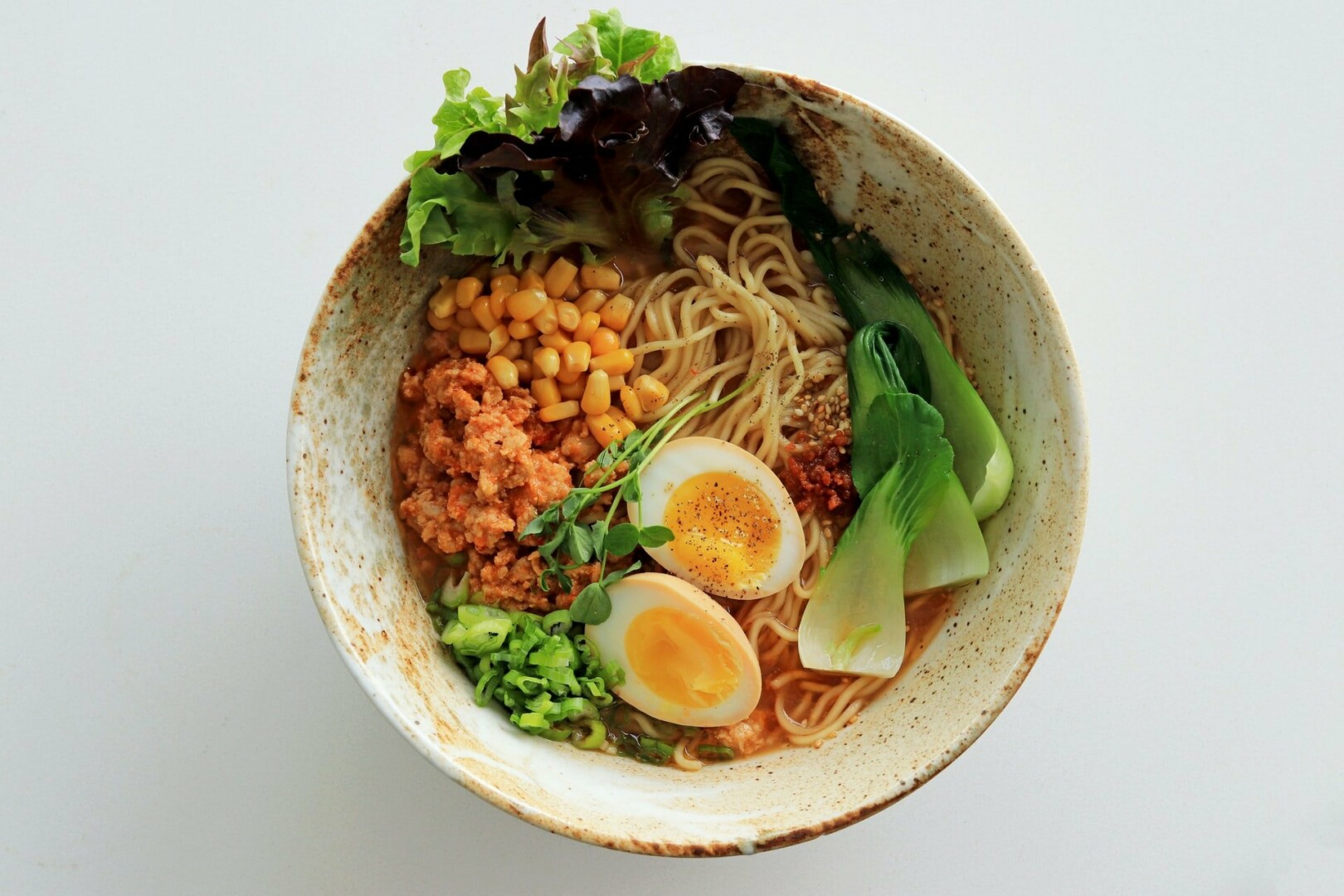We all love eggs; they are an essential daily breakfast food for everyone. Eggs are easy to consume and can be used as another source of ingredients to enhance other types of dishes. Thanks to its versatility, egg has been one of the most common and recognizable foods in the world.
But how healthy is an egg? How much nutritional value does it give to the consumer, especially iron? Let’s go through some facts about them.
The origin of eggs
Humans have been eating eggs for around 6 million years, originally consuming them raw from wild bird nests, according to food historians. By 3200 BC, jungle birds had been domesticated for egg products in India, and it is thought that the first societies to domesticate hens were Ancient Egypt and China.
The popularity of egg versatility continues to rise. Eggs are a popular breakfast item, but they can also be used in lunches, snacks, and even dinners. Low iron levels are a concern among blood donors, so eggs maybe able to help alleviate the problem.

Misconception
One of the common misconceptions about eggs is that they are unhealthy because of their high cholesterol and fat content. While that is true, scientists now understand that eating high-cholesterol foods does not always result in an increase of blood cholesterol levels and that not all fat is bad. Egg yolks are high in protein and vitamins, and for many people, they can be an essential part for heart-healthy diet.
Another misconception is that fertilized eggs are not safe to eat. This is entirely false. Some farmers even sell fertilized eggs on purpose, marketing them as healthier. A fertilized egg will typically contain not a chick but cells that could potentially develop into a chick. It’s not poisonous to eat, but it’s also no more nutritious than an unfertilized egg.

Egg nutrition
Iodine and selenium, two minerals that are hard to come by in other foods, are abundant in eggs. Eggs are one of the few foods that are naturally high in vitamin D, which helps calcium build strong bones. However, eating only egg whites won’t provide you with all of the benefits. Choline, vitamin B12, vitamin D, and iron, among other nutrients, are found exclusively in the yolk.

Iron nutrition value
An egg’s iron content ranges from 0.88 to slightly more than 1 milligram per egg. If you want to get the most nutrients from an egg, you should eat it as a whole (yolk and whites). A large egg prepared without the yolk contains only 0.03 milligrams of iron. A 0.17 g serving size of whole dried eggs contains 100 calories and 0.72 mg of iron.

Benefit
One egg contains a good amount of choline, a nutrient that is especially important during pregnancy. Choline aids in the formation of memory in unborn babies and is also important for memory retention later in life. Eggs’ protein can help maintain healthy sugar levels, giving you more energy for long durations. A single egg is inexpensive, making it a cost-effective way to supplement your diet with essential nutrients. Eggs can be boiled, poached, or scrambled, and they can also be used in a variety of baked products and casseroles.

